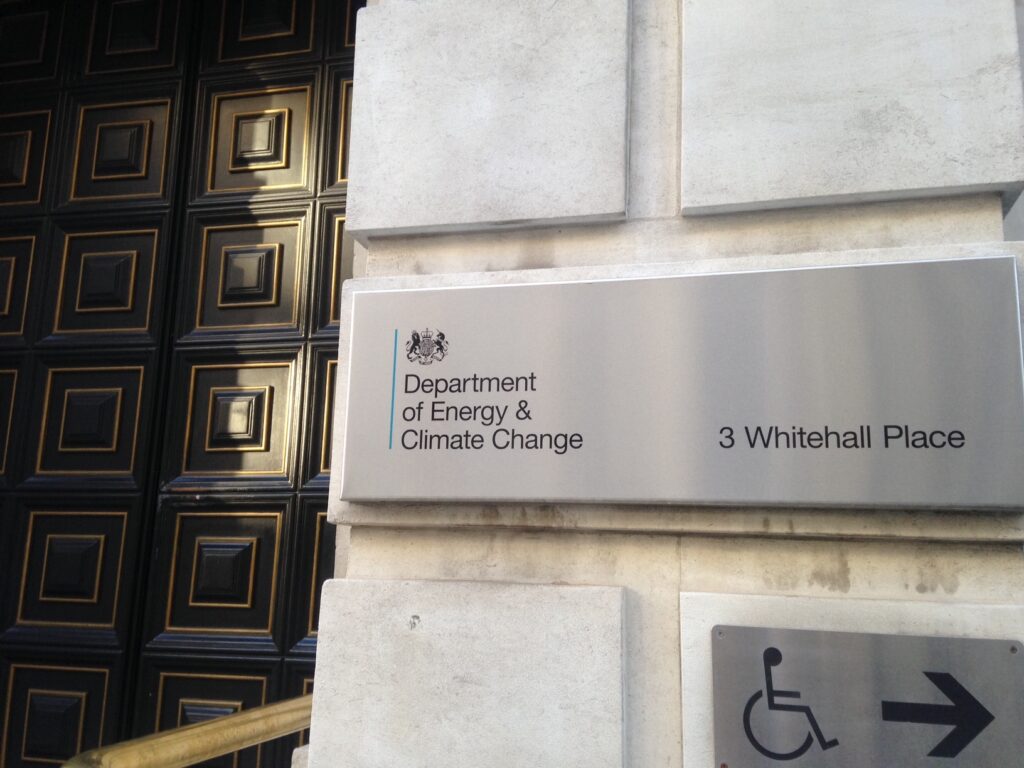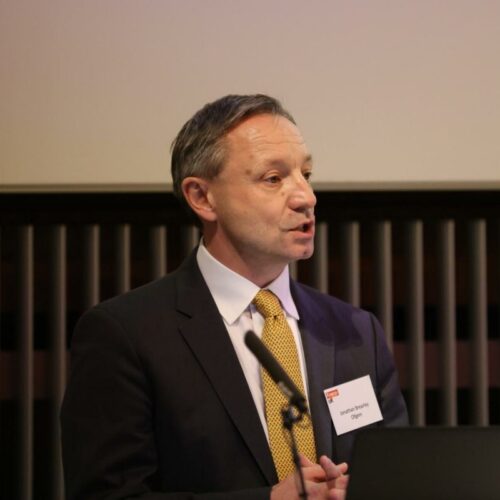The government has confirmed feed-in tariff rates for commercial rooftop solar installations next year and announced it is to re-introduce pre-accreditation just months after scrapping it.
This morning the Department of Energy and Climate Change revealed the results of its feed-in tariff consultation. Effective from 8 February 2016, installations between 10-50kW in size will receive 4.59p/kWh while those between 50-250kW in size will receive 2.7p/kWh.
Those between 250-1000kW will receive 2.27p/kWh, and those in excess of 1MW and standalone installations will receive 0.87p/kWh.
The rates had been under consideration since 27 August and their publication has been eagerly anticipated by the UK solar industry, which has condemned the cuts as short-termist and wrong.
Although representative of cuts of around 64%, the new rates are higher than those originally proposed in August. Changes to the feed-in tariff order have been laid today meaning that the new rates will not come into effect until 8 February 2016, however DECC has elected to enact a pause on new FiT installations which will run from 15 January until 8 February.
However the government has noted that commercial rooftop installations require more investment certainty than regular domestic installations, with businesses often requiring longer lead times to make investment decisions. To that end DECC is to re-introduce pre-accreditation on 8 February 2016, reversing a decision it made which closed pre-accreditation on 1 October 2015.
This will enable businesses to commit to an installation and receive a promised feed-in tariff rate for when it connects its system to the national grid. This rate will be protected from FiT degressions and will be granted space under the deployment cap as long as it is connected within six months.
Also of interest to commercial users will be the hint of subsidy support for storage technologies. While the government has concluded that the feed-in tariff is not the “appropriate” support mechanism for storage, it is to consult on the subject in the spring and could unveil support frameworks later next year.






